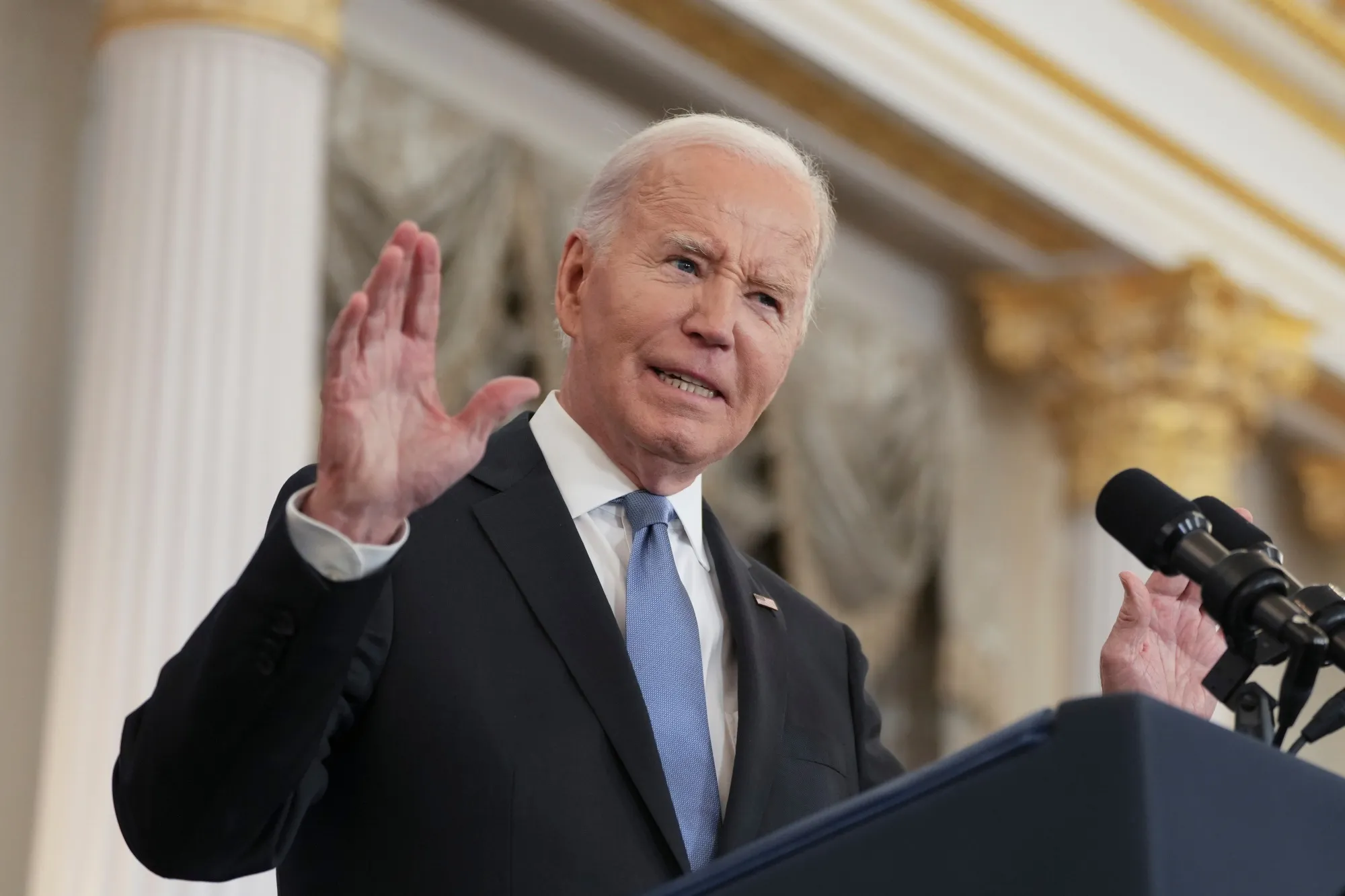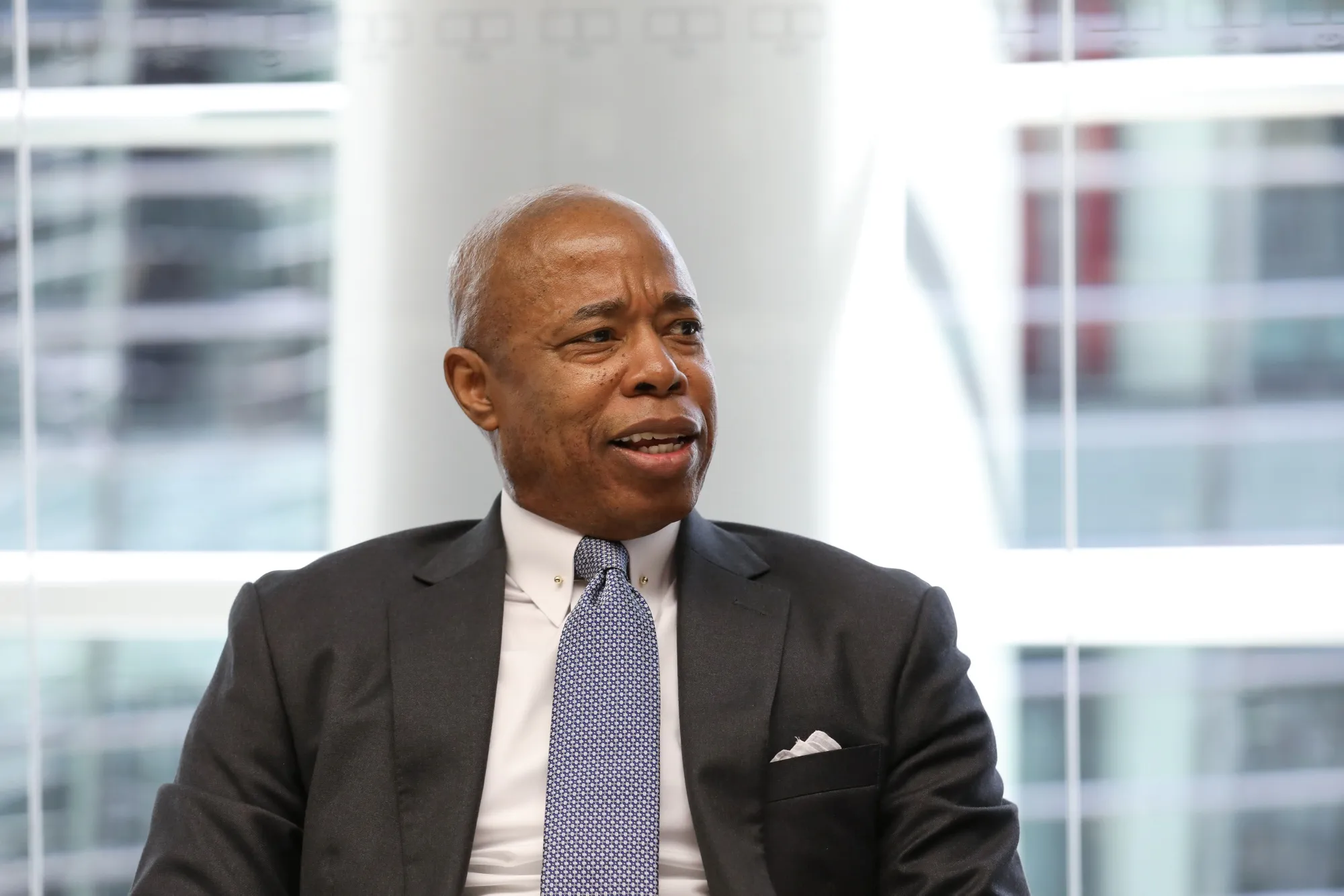Chinese stocks experienced a significant decline on Tuesday, following a strong opening rally that saw the CSI 300 Index rise over 10% after the Golden Week holiday.
However, the gains were tempered as investors reacted to a press briefing by the National Development and Reform Commission (NDRC), which did not provide the anticipated details on new fiscal stimulus measures. By the end of the trading session, the CSI 300 finished 5.9% higher, while Hong Kong’s Hang Seng Index fell more than 9%, effectively erasing most of the prior gains made during the market closure.
The trading session began with high hopes, fueled by reports of record account openings at major Chinese brokerages and optimism surrounding the potential for more government support. However, the lack of substantial announcements during the NDRC meeting left many investors underwhelmed. Michael Hirson and Houze Song of 22V Research noted that while Beijing aims to rejuvenate the stock market, it appears reluctant to abandon financial restraint and implement aggressive measures to stimulate the economy.
Prior to the holiday, the CSI 300 had recorded a nine-day rally, driven by a series of stimulus efforts that included interest rate cuts and liquidity support for banks. This surge prompted several financial institutions, including Goldman Sachs and HSBC, to raise their forecasts for Chinese equities. On Tuesday, turnover in Shanghai and Shenzhen soared to a record 3.43 trillion yuan ($486 billion), surpassing the previous record set on September 30.
Despite the positive opening, concerns about the sustainability of the rally emerged as the market corrected. Analysts warned of the risks associated with an overheating A-share market, while some strategists expressed skepticism regarding the government’s commitment to back its stimulus announcements with concrete actions.
Zheng Shanjie, chair of the NDRC, expressed confidence in achieving the government’s growth target of approximately 5% for the year, but acknowledged the increasing downward pressure on the economy. The NDRC did announce plans to issue 200 billion yuan ($28 billion) for spending and investment projects by the year’s end, but this fell short of market expectations for a more comprehensive fiscal stimulus package.
Market analysts emphasized that the future of the Chinese stock rally hinges on the government’s ability to follow up on its verbal commitments with meaningful fiscal actions.
“The durability of this rally will depend on what policies are announced in the coming weeks,” remarked Aleksey Mironenko, global head of investment solutions at Leo Wealth.
BBC, Bloomberg, and Financial Times contributed to this report.









